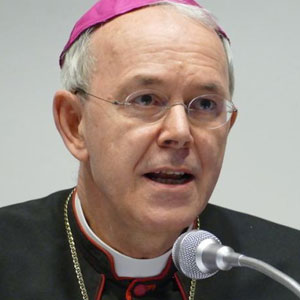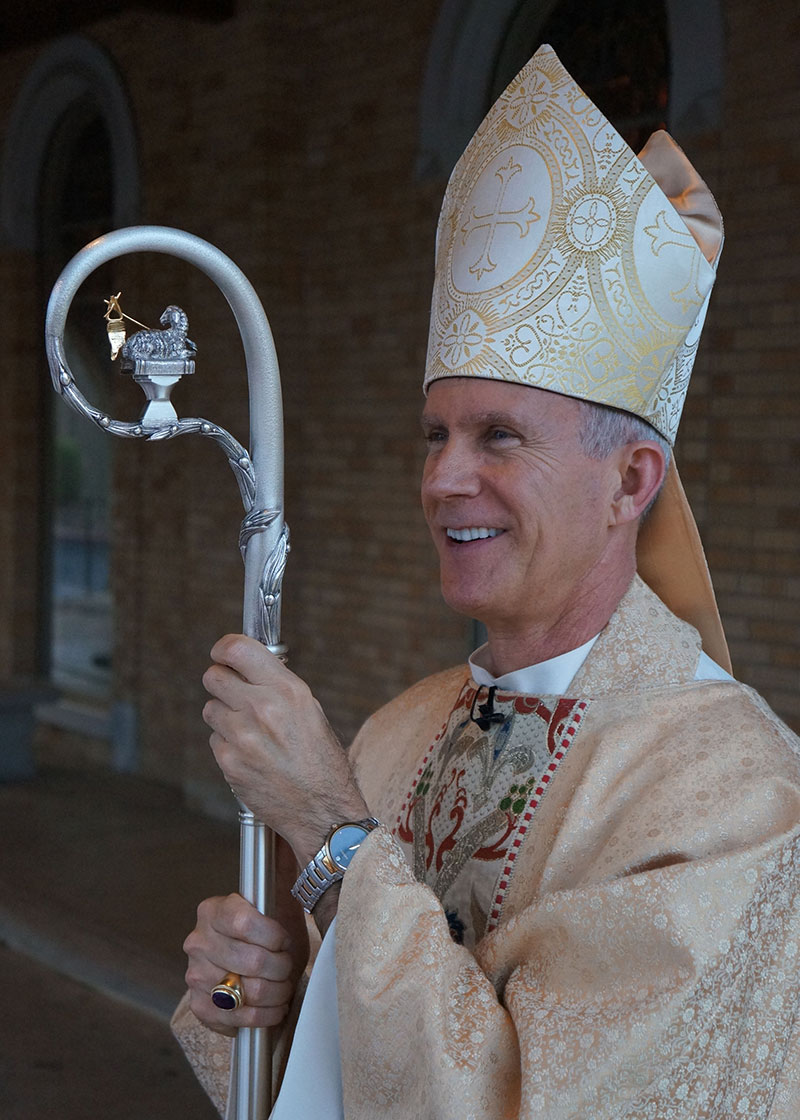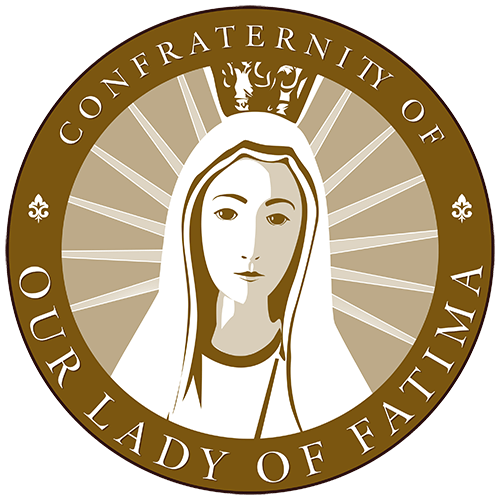It is with joy that all orthodox Catholics of good will heard the news of His Excellency, Bishop Paprocki’s condemnation of heresy in one of the most prominent American journals, First Things, last week. This was ostensibly a condemnation of Cardinal McElroy’s brazen challenge to Catholic moral theology in two pieces (here and here) at America—a connection underlined by Bishop Paprocki’s quoting verbatim from the cardinal’s first article. Nevertheless, His Excellency did say shortly thereafter (on Raymond Arroyo) that he did not want to name names, but had European cardinals also in mind.
Faithful Catholics compare today’s bishops with the saintly bishops of old and they find the former woefully lacking in manly courage. They do not seem to act like men of God should – with zeal, filled with faith and charity.
I am willing to hazard that there are many orthodox bishops out there. But it seems to me that most of those orthodox bishops are cowardly. They think of themselves as “vicars of the Roman Pontiff” (a concept that Vatican II condemned in Lumen Gentium), and they are afraid to excommunicate and issue the anathema, as did the saintly bishops of old.
Thanks be to God, this crisis has had one silver lining – it is separating the men from the boys in the episcopate. We thank God for Bishop Paprocki, as well as for Archbishop Cordileone who excommunicated the aiders and abetters of child murder and who was supported by over sixteen other bishops, and for Bishop Strickland of Tyler, Texas, who has been continually willing to act like a man of God – with courage and conviction.
Less Words, More Action
But if there’s one thing we’ve learned from the Vatican II crisis it’s this: more talking, statements, and documents do almost nothing to stop the heretic wolves from scattering the flock.
Therefore, I respectfully propose to all bishops the same proposal that the Trad movement has been asking for since 1965: the charitable anathema.
At OnePeterFive we aim to resource and promote the work of our Trad godfathers in the Faith. It was Cardinal Ottaviani who asked all bishops to condemn heresy in 1966, heartily cheered by Archbishop Lefebvre. When Dietrich von Hildebrand met with Paul VI in the summer of 1965 – even before the Council ended – he begged Paul VI for the same thing – the charitable anathema. But the Pontiff thought it “was a bit harsh” and decided against it.[1]
The Case of Notre Dame
One of the worst cases of this fear of taking appropriate action concerned the bishop of South Bend, Indiana, after Notre Dame went into revolt against the Magisterium in the 1960s. The bishop wanted to place the whole university under interdict, but hesitated, waiting for Rome to back him up.
Rome never did, and thousands of American Catholics (and worldwide) were led into heresy by joining in the revolt against Humanae Vitae (and other dogmas of the Faith), led by the heretic wolves at Notre Dame and other so-called “Catholic” institutions.
Indeed, at the judgment day, the bishops of these generations will be judged by Christ, the Good Shepherd, about whether they laid down their life for their sheep, or if they let the heretic wolves destroy the faith of little children, as we have seen happen. For these heretic wolves have torn out altars, held Catholic universities hostage to heresy, and have done nothing less than scourged Jesus Christ in the Blessed Sacrament by their liturgical abuse.
As our contributing editor, Dr. Michael Sirilla shows, St. Thomas himself strongly defended the bishop’s responsibility of excommunicating heretics.[2] This was understood as obligation of charity for the flock.
The sheep cry out, How long, O Lord, wilt thou forget me forever? and the Prophet cries out, Woe to you, Shepherds!
The Only Way Forward: the Charitable Anathema
But let me return to my point: more talking and documents will do nothing. Only action – the action of a man of God – will have any effect. And that action, we assert – with the whole history of the Church – is the charitable anathema.
As Hildebrand said acutely, pointing to the root of the problem decades ago:
The valuing of unity over truth plays a central role in the crisis of the Church; for the Church of Christ—the Holy, Roman, Catholic, Apostolic Church—is based on this fundamental principle: the absolute primacy of divine truth, which is the very primacy of God.[3]
This proven solution has always been the answer in times of heretical depravity. Critics of this solution ultimately value unity above truth. They are scared of schism more than they are of error and falsehood. Hildebrand refutes the critics of the anathema with these words, proclaiming that the anathema is itself an act of charity:
… The anathema excludes the one who professes heresies from the communion of the Church, if he does not retract his errors. But for precisely this reason, it is an act of the greatest charity toward all the faithful, comparable to preventing a dangerous disease from infecting innumerable people. By isolating the bearer of infection, we protect the bodily health of others; by the anathema, we protect their spiritual health[.] …
And more: a rupture of communion with the heretic in no way implies that our obligation of charity toward him ceases. No, the Church prays also for heretics [as we see in the traditional orations of Good Friday]; the true Catholic who knows a heretic personally prays ardently for him and would never cease to impart all kinds of help to him. But he should not have any communion with him. Thus St. John, the great apostle of charity, said: “If any man say, I love God, and hateth his brother; he is a liar” (I Jn. 4:20). But he also said: “If any man come to you, and bring not this doctrine, receive him not into the house[.]” (2 Jn. 1:10).[4]
Therefore we exhort every cleric, theologian, and diocesan official of any kind: Examine yourself, and consider speaking to your bishop about this solution. The words that have been spoken by Bishop Paprocki are obviously good, but we ask for less talking and more action.
PRACTICAL STEPS FOR RESOLVING THIS CRISIS
- Every bishop has jurisdiction over the communion of his diocese
- Every bishop has the power and authority to anathematize heresy. If he judges it necessary, he can also do this from a diocesan synod (synodality!).
- Every bishop has the ability to identify and name the chief errors of our time. The Declaration of Truths, signed in 2019 by prominent bishops like Cardinal Burke and Bishop Schneider,[5] has already laid out the most common errors and opposed them.
- Every bishop should issue the charitable anathema for all Catholics in his diocese. Taking the aforementioned Declaration of Truths, a bishop can simply issue a decree such as this:
If anyone does not confess the truths contained in this declaration according to the sense and understanding that the Church has always taught and teaches, let him be anathema.
- If this seems too extreme, why not simply do the same with the Professio Fidei that is already on the books? or the Oath Against Modernism that is an infallible oath promulgated for decades since Pius X?
- Every case of heresy must be judged properly with truth and charity. This can and should be done locally, not only by the Dicastery for the Doctrine of the Faith at the Vatican.
It seems one of the reasons that the Oath Against Modernism was discontinued was because evil men were abusing it. They were not following the example of the best of practices of the Inquisition, which judged each person fairly. Instead, people were going on “witch hunts” to try to kill their intellectual rivals in the schools, and shutting down an academic dialogue that was truly necessary. We can learn from the mistakes of the past so that restoring the anathema is not taken to excess.
I understand that this proposal may sound like a pipe dream (as we say in the States). It will probably not be implemented until things get much worse. But I appeal now to all bishops to hear the cry of your faithful sheep who are being destroyed by the heretic wolves: consider with fear the just judgement seat of Christ, before Whom you will appear when you die.
Consider where He will send you if you have placed institutional “unity” above truth and charity.
Before that awesome judgment seat of the King of kings and Lord of lords, you will – without a doubt – have to answer for the souls committed to your care, and for the wolves in your diocese. To every bishop who is of weak heart in the face of the heretic wolves hear the words of the Prophet:
Do manfully and be of good heart: fear not, nor be ye dismayed at their sight: for the Lord thy God he himself is thy leader, and will not leave thee nor forsake thee (Dt. xxxi. 6).



